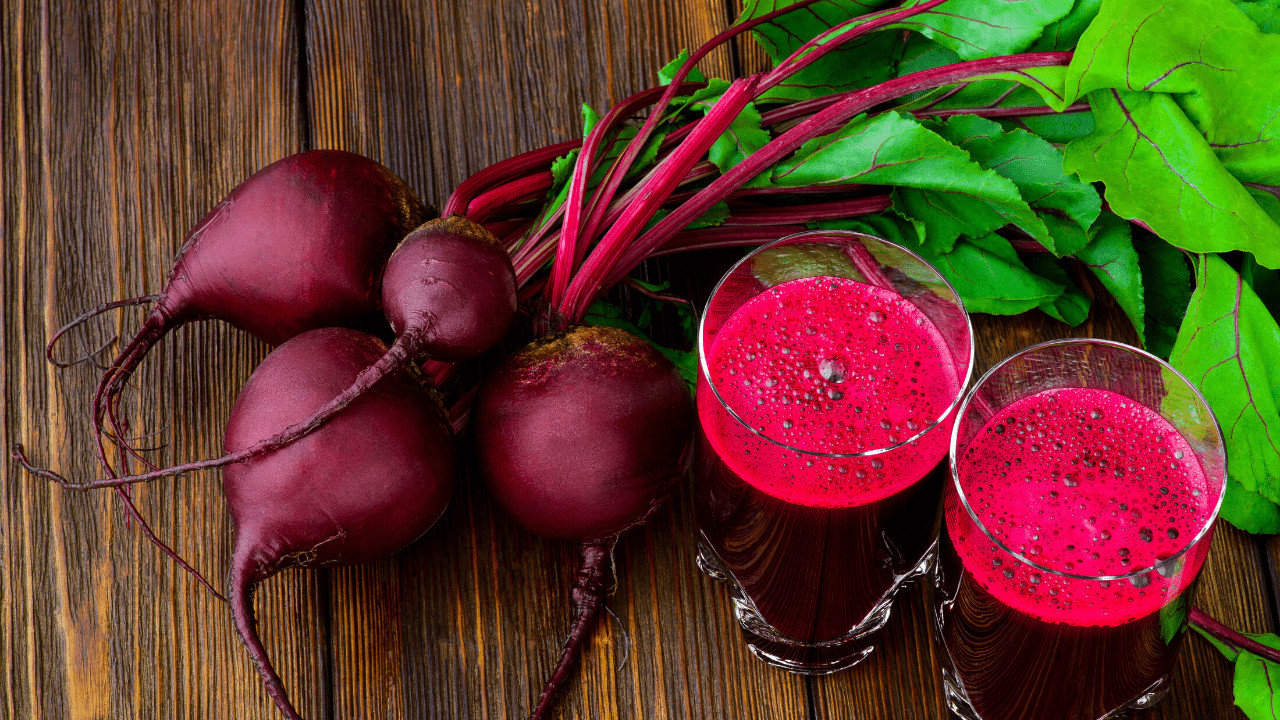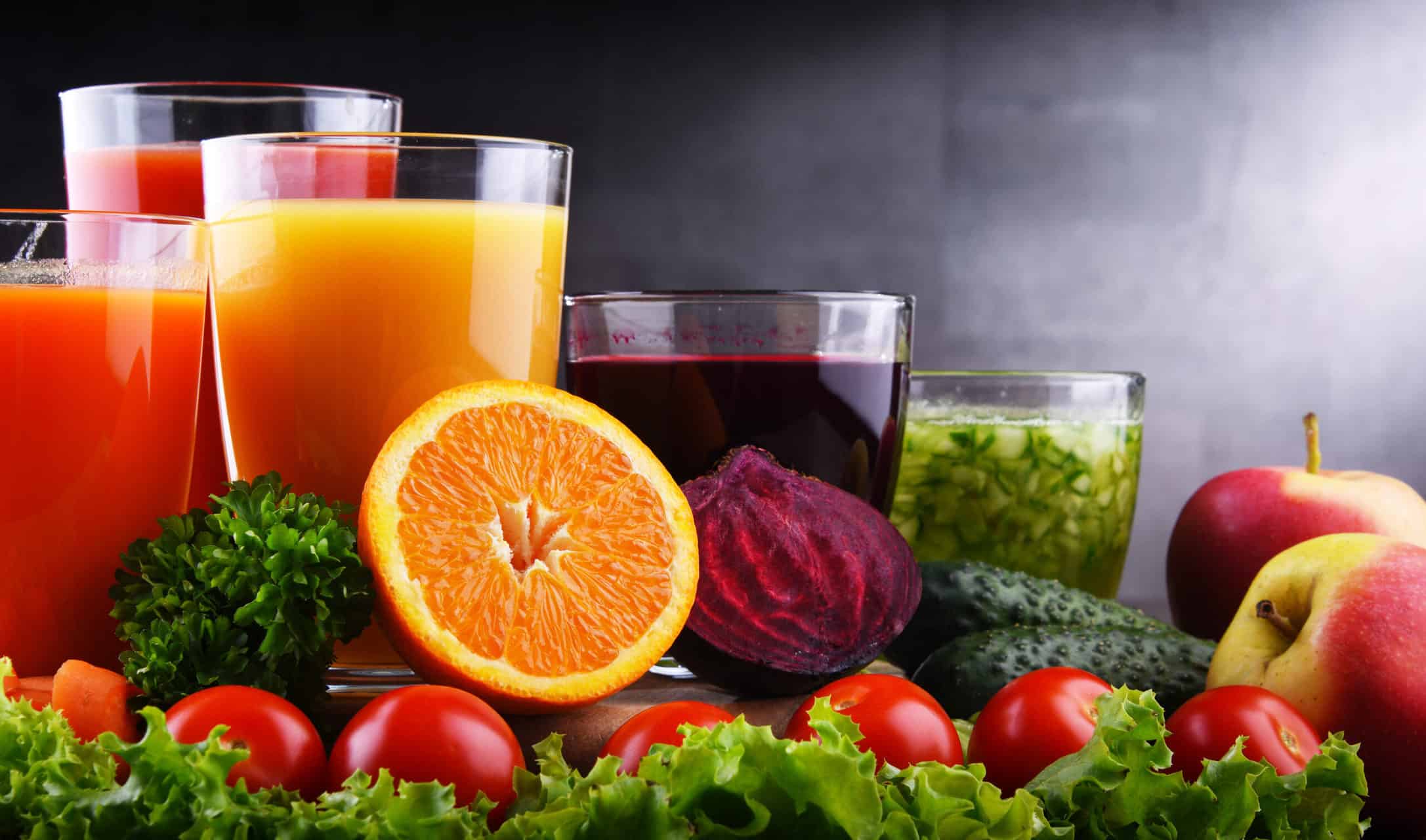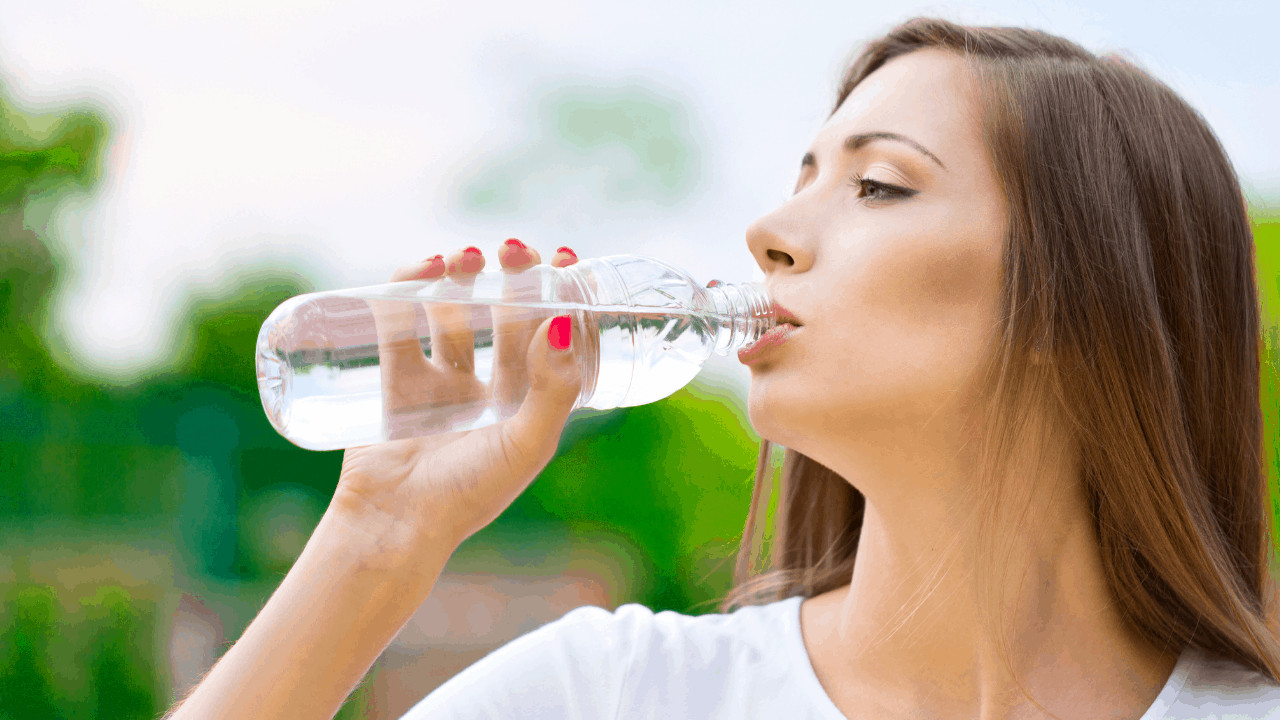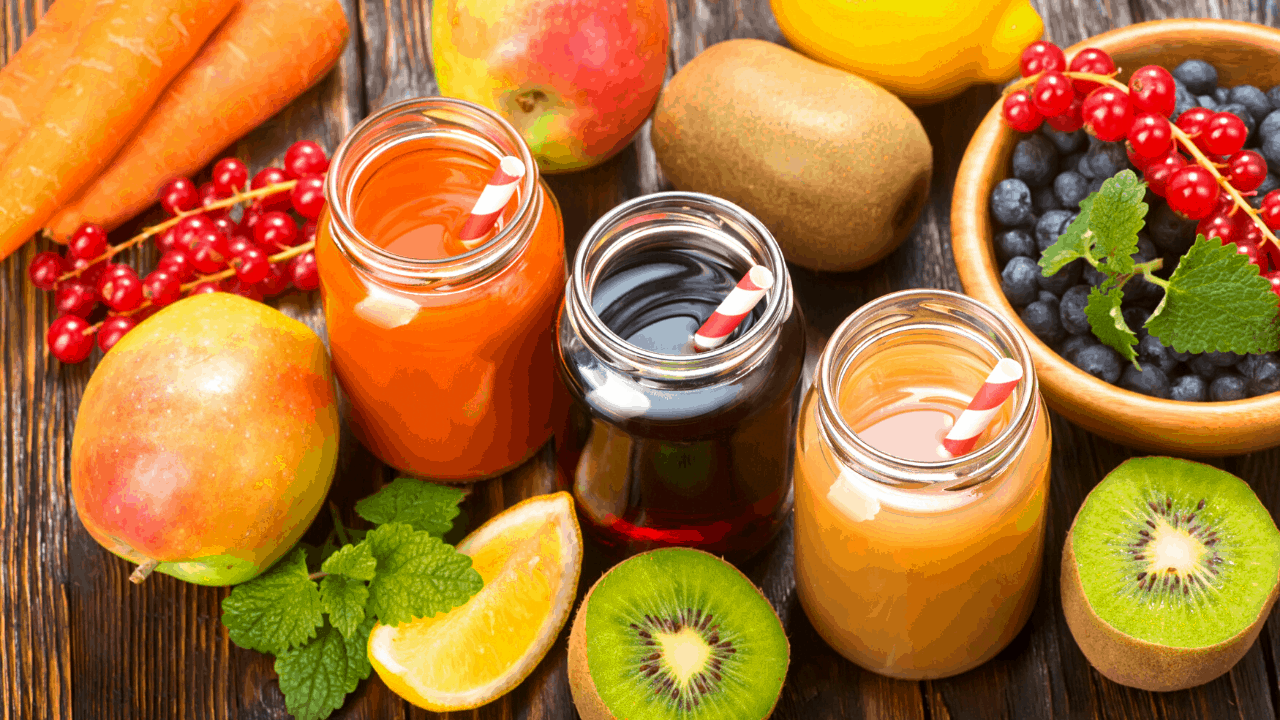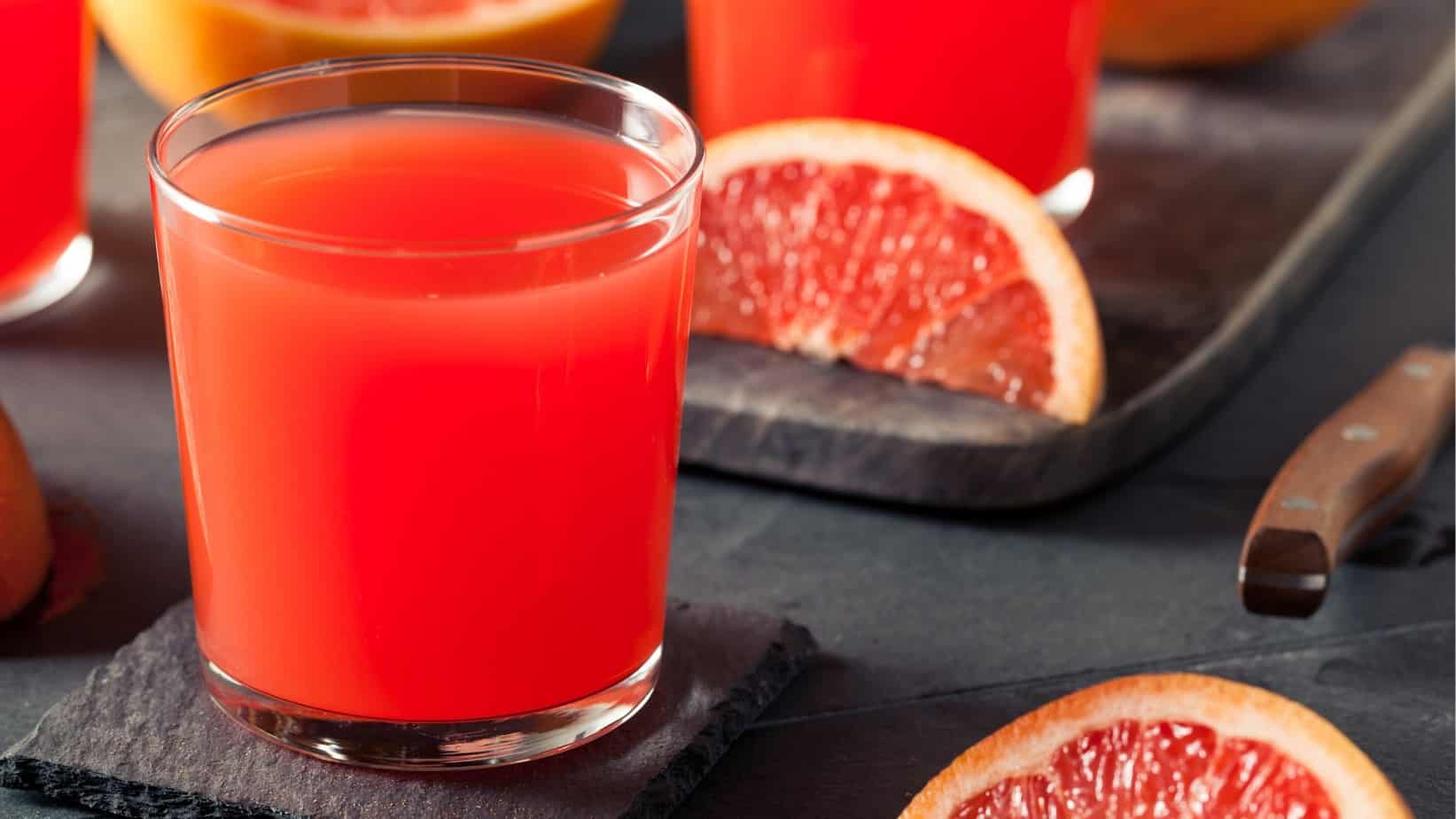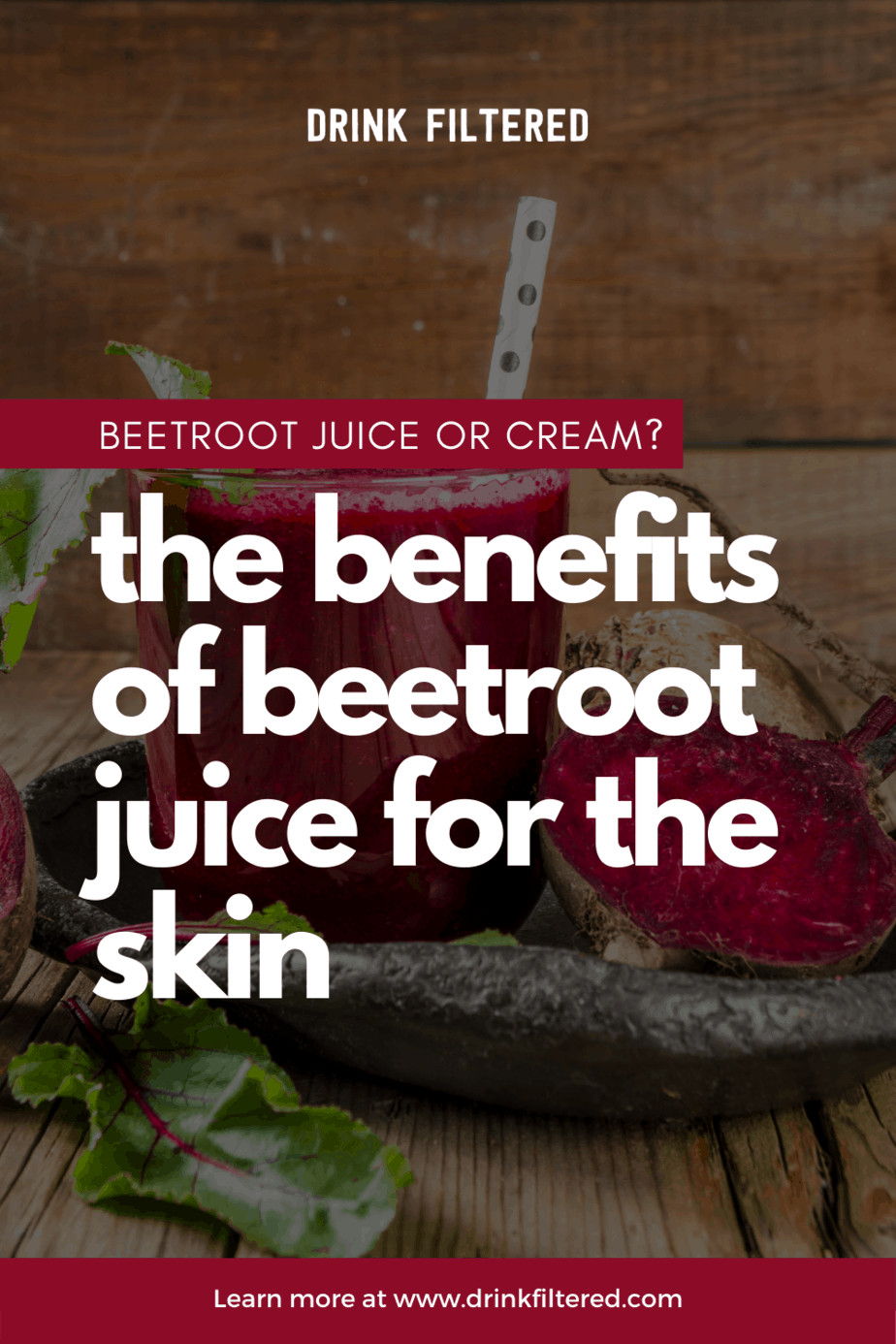Beetroot is a very nutritious and low-calorie vegetable and rich in numerous nutrients, including iron, folate, magnesium, phosphorus, vitamin C, and vitamin A. It has many health benefits, including lowering blood pressure, protection from the free radicals, aiding in digestive health, and many more.
However, some of the most common claims that surround beetroot include its positive effect on skin health. While it might seem that whatever skincare concerns may be, certain natural ingredients appear to do it all. But does this apply to Beetroot? How healthy is beetroot juice for the skin?
In this article, we find out exactly what beetroot juice can do for the skin, and then discuss whether it is more effective to ingest or apply topically. But First lets check it is nutritional fact to understand what components could be so beneficial for skin health
Nutritional Value of Beetroot
As per FDA, a 100 g of raw beetroot contains
- Water- 87.6g
- Calories- 43 Kcal
- Protein- 1.61g
- Carbohydrate- 9.56 g
- Fiber- 2.8 g
- Natural sugars- 6.76 g
- Calcium 16 mg
- Iron- 0.8 mg
- Magnesium- 23 mg
- Phosphorus- 40mg
- Potassium- 325 mg
- Sodium- 78 mg
- Small amounts of zinc, copper, manganese, and selenium
- Vitamin C- 4.9 mg
- A small amount of vitamin B complex
- Vitamin A- 33 IU
- Vitamin E 0.04 mg
- Cholesterol 0 mg
- Many of the essential and non-essential amino acids in some quantity
After analyzing the nutritious value of beetroot, the only component of the beetroot that could cause specific improvement in skin health is vitamin C. But does this mean that beetroot is great for skin? Will drinking beetroot juice give extraordinary benefits to the skin?
Let’s explore.
Beetroot Juice and Skin Health: The Claims and the Truths
Beetroot Juice Can Help With Acne.
Claim: As acne is usually caused by a mixture of hormonal factors and excessive sebum (or oil) buildup, the claims is that Beetroot’s juice high vitamin C content means that it has lots of anti-inflammatory properties, which can help to tackle inflamed acne on the skin.
Truth: Consuming or applying vitamin C is not an appropriate treatment for acne. There are other agents available that are more specifically active against acne and might give you better results. In fact, one study showed that vitamin C, while potentially helpful against acne, may not be the most effective ingredient. The Bottom line here is that while a vitamin C-rich diet will act as a supplement in the prevention and treatment of acne— it is not a cure.
If you suffer from acne, please see your doctor get the specific treatment for your case. The treatment will be different for each type of acne and its severity.
Beetroot Juice Can Help Reduce Hyper Pigmentation
Claim: According to many studies, one of the main benefits of vitamin C is that is great at tackling melanin formation (the technical term for pigmentation). As beets are a great source of vitamin C, beetroot juice maybe be able to help you even out your skin tone.
Truth: While drinking a glass of fresh glass of beetroot juice is a nutritious drink, topical application is definitely more effective. We suggest y either directly using a beetroot slice on affected areas or making a mixture with milk and honey and beetroot into a paste.
Vitamin C is one of those agents that is known to reduce the production of melanin in our skin. It specifically blocks an enzyme involved in melanin formation, and as a result, reduces the overall production of melanin in the skin. This makes dark spots less apparent, improves skin tone, and brightens the skin up. This way it adds a natural glow to the skin.
This is the reason why vitamin C serums are famously promoted as a wonder serum for hyperpigmentation (including acne scars) and glowing skin.
Beetroot Juice Delays The Signs of Aging
Claim: Ingredients that are high in vitamin C have been shown to delay the aging of the skin. According to Oregon State University, vitamin C can be applied topically or eaten to help with aging skin.
Truth: Making a routine of drinking beetroot juice would probably not give any miraculous effect. While it is true that vitamin C helps prevent wrinkles by promoting collagen synthesis in our bodies. Collagen is naturally abundant protein in our body especially when young. It’s present in our skin, bones, joints, etc. Collagen is the protein that provides elasticity and plumpness to the skin, making fine lines less apparent.
As we age, the level of collagen in our body starts going down, and this is when wrinkles start appearing. We can, to some extent, delay this process by consuming and topically applying vitamin C, and by consuming collagen-based products. But, the effects would most likely not turn back the hands of time.
Beetroot Juice Protects Skin from UV rays Damage.
Claim: As beetroot juice is high in vitamin c, it can help guard against the harmful effects of UV exposure.
Truth: Vitamin C does protect against UV radiations, but NOT by blocking the UV rays. It protects our skin by neutralizing the free radicals that are produced in our skin when UV rays fall on our skin. When free radicals are left unchecked, they may cause DNA damage in our skin, which results in premature wrinkles and an increased risk of skin cancer.
You can combat this by using a good sunscreen— which will block the UV rays, and by applying a good vitamin C serum— which will neutralize any free-radical that is produced as a result of sun exposure. Dietary vitamin C will help, but topical application of vitamin C will give a superior result.
So, How Can You Best Utilize Vitamin C For Better Skin Health?
Vitamin C is indeed proven to be helpful in all the above-mentioned skin care benefits, but a lot of these effects are reported when applied topically.
This doesn’t mean that you won’t reap any benefit from beetroot or that it won’t contribute to better skin. It just means that these skin-related health benefits of beetroot are a little overhyped.
There are plenty of other health benefits of drinking fresh beetroot juice, and you might want to pick up beetroot juice to enjoy those benefits. Also, in addition to applying topical vitamin C, adding a lot of other food rich in Vitamin C in the diet will provide a further boost to your skin health.
Studies suggest that topical application of Vitamin C with Vitamin E yield even better results, as vitamin E potentiates the action of Vitamin C by 3-folds. So, choosing a face serum with 10% vitamin and 1.5% vitamin E will give you much better skin results than drinking beetroot juice alone.
In addition to a good vitamin C serum, using a good sunscreen is essential for better skin health as it prevents DNA damage to the skin
The Take-Home Message
So, is the beetroot juice no good? Of course not! Beetroot will still provide you with some amount of vitamin C, and other important nutrients for better overall health.
We often forget the hydration part when it comes to skin health, and this is where beetroot juice helps. But as you guessed it, you could drink any other juice and get equally hydrated. It is however wishful thinking to hope that beetroot juice specifically will remove acne overnight, reverse aging, or eliminate the need for a good sunscreen.
There is no miracle when it comes to health. If you like beetroot juice because it tastes good to you and helps you stay hydrated then drink it.
Additionally, Although beetroot does contain vitamin C- a proven agent that positively impacts the skin. Beetroot juice is not a rich source of vitamin C in any way.
Our daily RDA of vitamin C is around 75 mg for women and 90 mg for men. We get around 4.9 mg of vitamin C from 100 g of beetroot. It’s a good amount but not a very significant amount. There are better sources of vitamin C in citrus fruits like lemon and lime.

